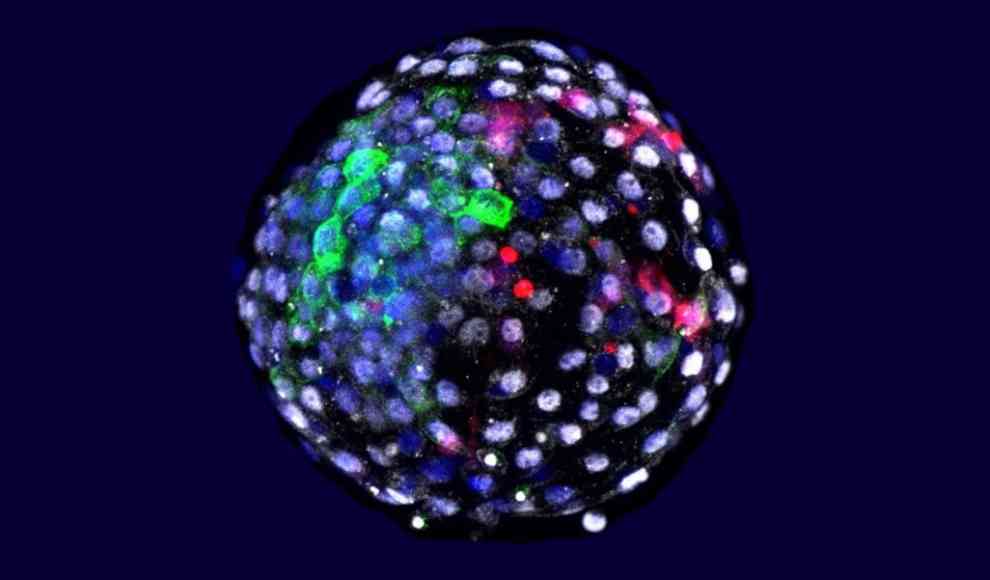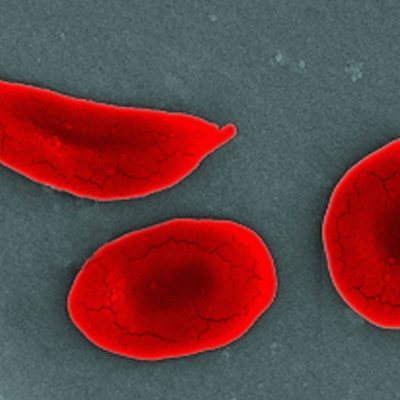Chinese scientists have successfully created a hybrid of human stem cells and monkey embryos, sparking ethical concerns among experts. Chimeras, or hybrids, possess the genetic material and cells of two different species. While such creatures occur naturally in rare cases, researchers have been attempting to artificially create chimeras since the 1970s. The latest breakthrough came in 2012, when scientists developed a technique to create embryonic chimeras of primates in the lab. However, the creation of human-ape hybrids remains controversial, as there are fears that such embryos could result in a creature that is neither fully human nor fully animal.
Researchers at the state laboratory for biomedical primate research in China have now created a chimera embryo from human and macaque (Macaca fascicularis) cells. They injected human pluripotent stem cells into early monkey embryos, marking the human cells with fluorescence genes to observe their development. Of the 132 embryos created, 132 grew and were active the next day, with the human cells showing signs of tissue differentiation. However, the embryos developed more slowly than pure monkey or human embryos, and only three of the 132 embryos were still alive by day 19, leading the researchers to end the study for ethical reasons.
Despite the ethical concerns, the researchers hailed the experiment as a success, as it demonstrated that it is possible to create chimeras from human and monkey cells. The knowledge gained from the experiment could also help in the future development of organs for transplantation in animals. However, experts have warned that the creation of such hybrids raises new ethical questions that society must address.










